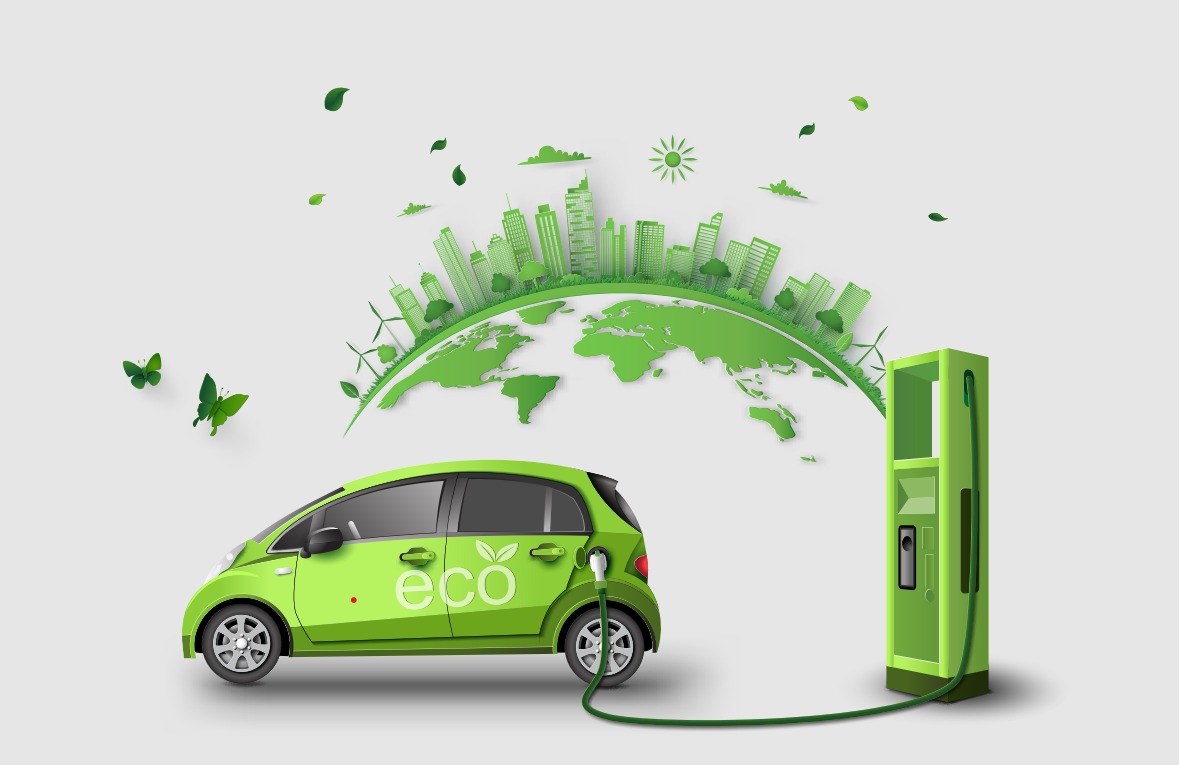
Africa is home to 1.5 billion people, growing at 2.4%, with an urbanization rate of 42%. Recent forecast shows that by the year 2050, Africa will have 25% (circa 2.5billion people) of the global population and the fastest urban growth rate globally.
Africa’s urban transition offers great opportunities, but it also poses significant challenges. One of such challenges is the need for cheaper, cleaner, reliable, and more sustainable energy alternatives for homes, manufacturing sector and mobility.
The mobility needs of 1.5 billion Africans (2.5billion by 2050) are indeed enormous. But why should Africa bother about clean energy for its transportation needs when the continent accounts for the lowest (3%) energy-related CO2 emissions globally? The recent post-Covid global energy crisis has shown how overdependence on hydrocarbons hurts countries’ energy systems, markets, and economies, and highlights the benefits of an accelerated scale-up of cheaper and cleaner sources of energy.
This is in addition to the increasing existential threats of climate change on the continent. This report explores the need for African countries to gradually transition to transport systems that are powered by cleaner, cheaper, and more sustainable energy alternatives.

